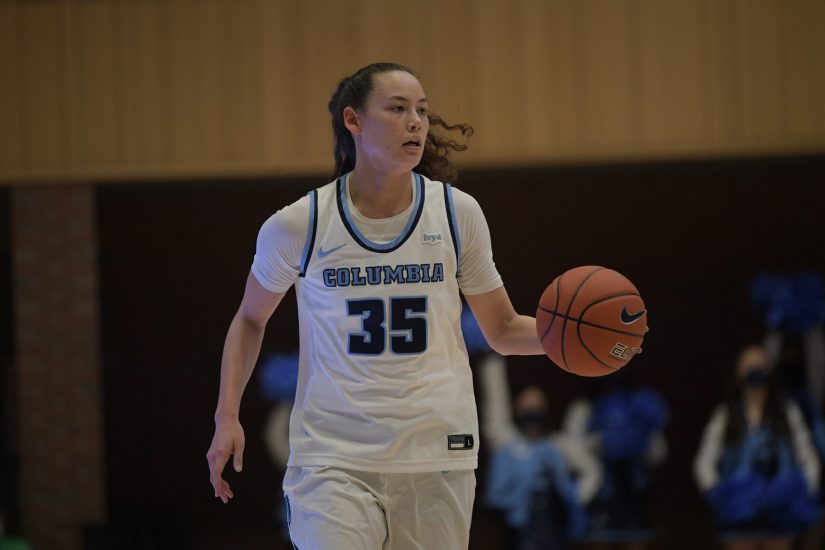Editor’s note: The authors of this article submitted this article to the Ivy League’s eight presidents Monday to share their views and recommendations, eight days after it was published here:
In June 2021, the Supreme Court unanimously decided in NCAA v. Alston that the antitrust laws prohibit the NCAA from limiting in any way its Division I schools from offering “education-related compensation or benefits” to student-athletes (men and women) who play basketball and football.
This means, for example, that the NCAA is barred from preventing any college from giving full tuition, room and board or other education-related benefits — such as tuition for graduate or professional school, textbooks, or internships while in school — to these college athletes. The Supreme Court agreed with the federal district trial court that the NCAA could set standards or definitions of what types of expenditures are “education-related,” including those items just noted. In reaching its decision, the Supreme Court recognized that the antitrust laws exist to ensure and protect competition and to prevent practices that interfere with a student athlete’s right to have schools compete for their services.
As the Supreme Court described the effect of the district court’s finding, “competition among schools would increase in terms of the compensation they would offer to recruits, and student-athlete compensation would be higher as a result … Student-athletes would receive offers that would more closely match the value of their athletic services.”
Read more




